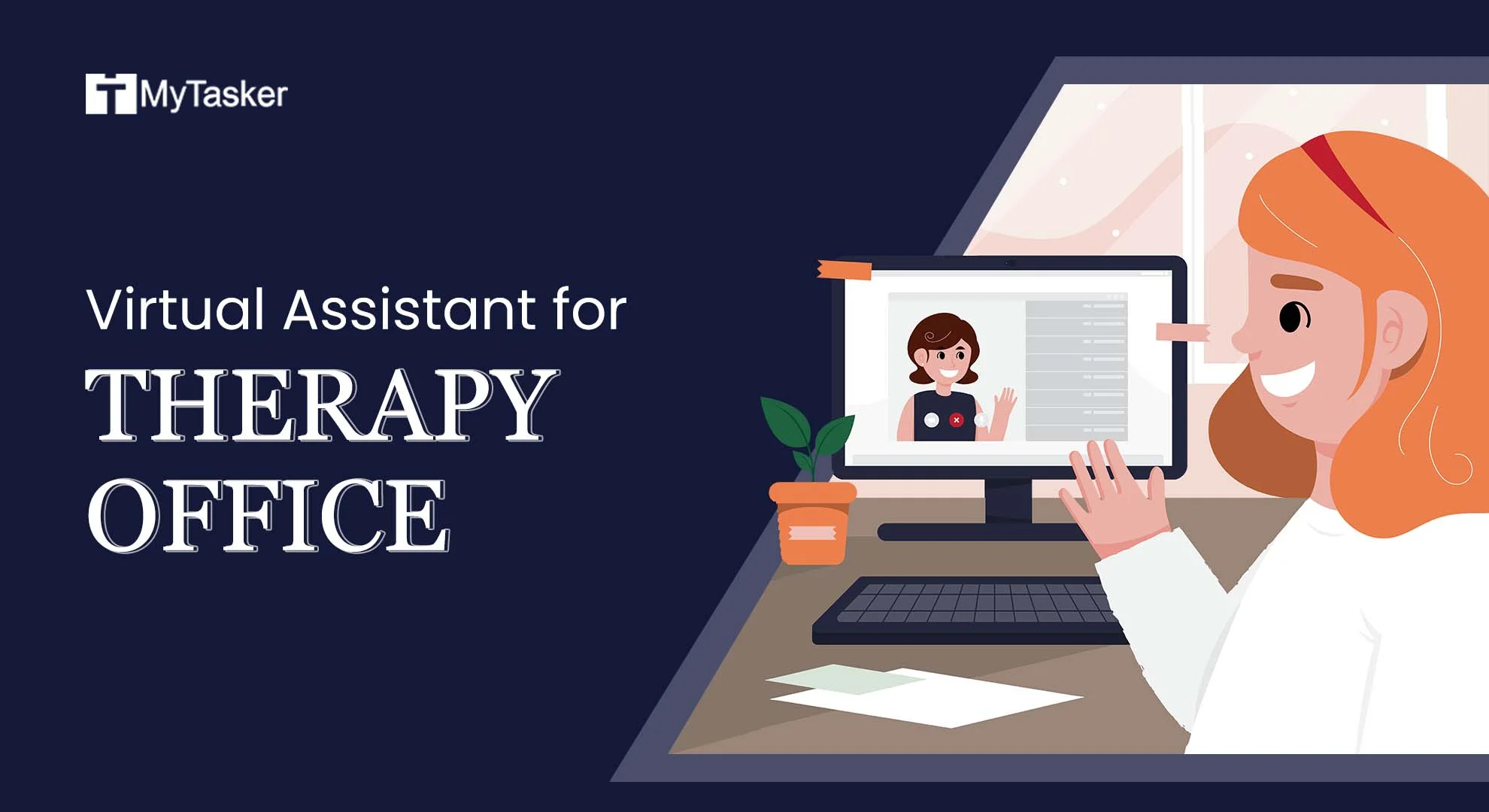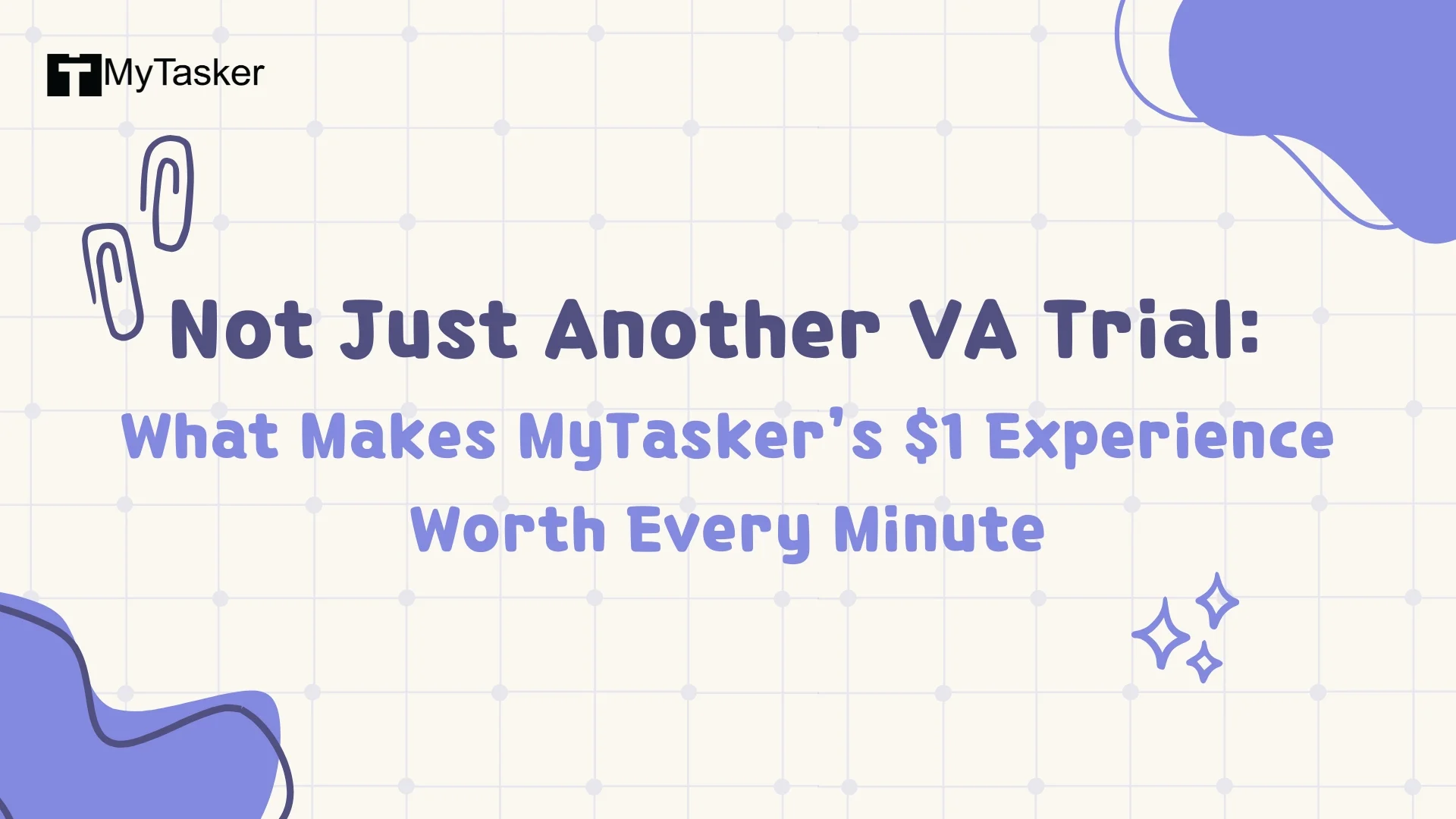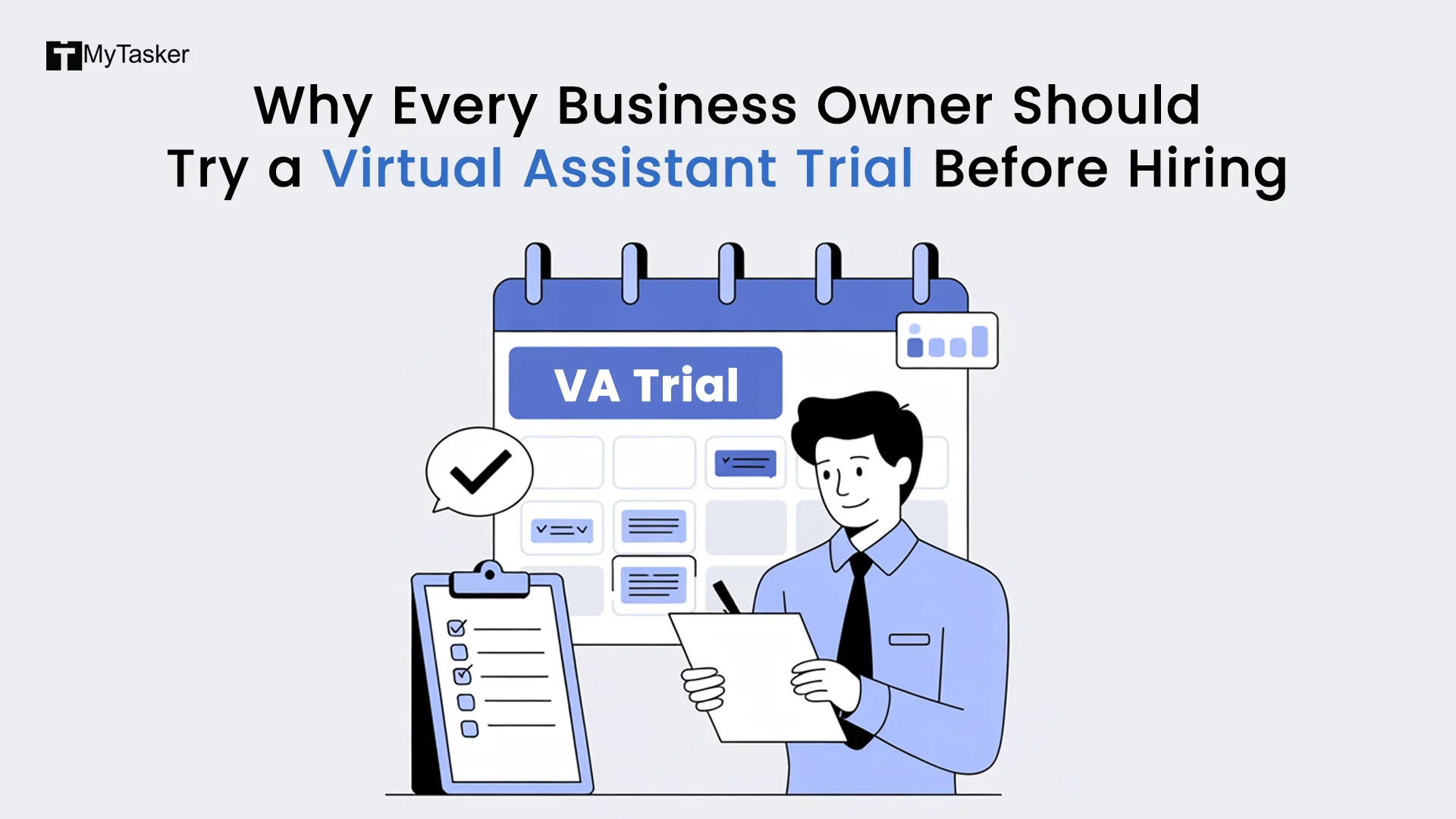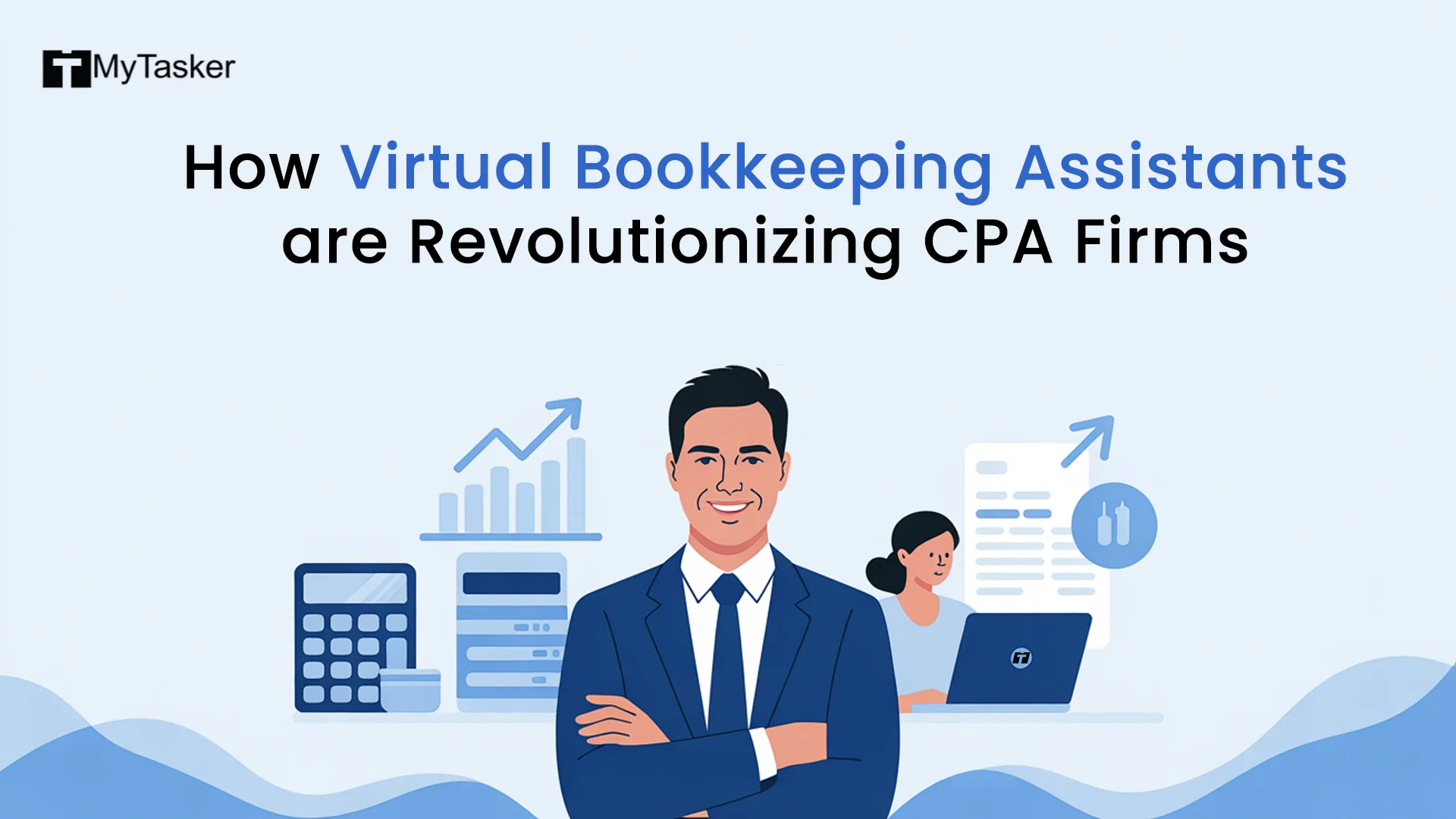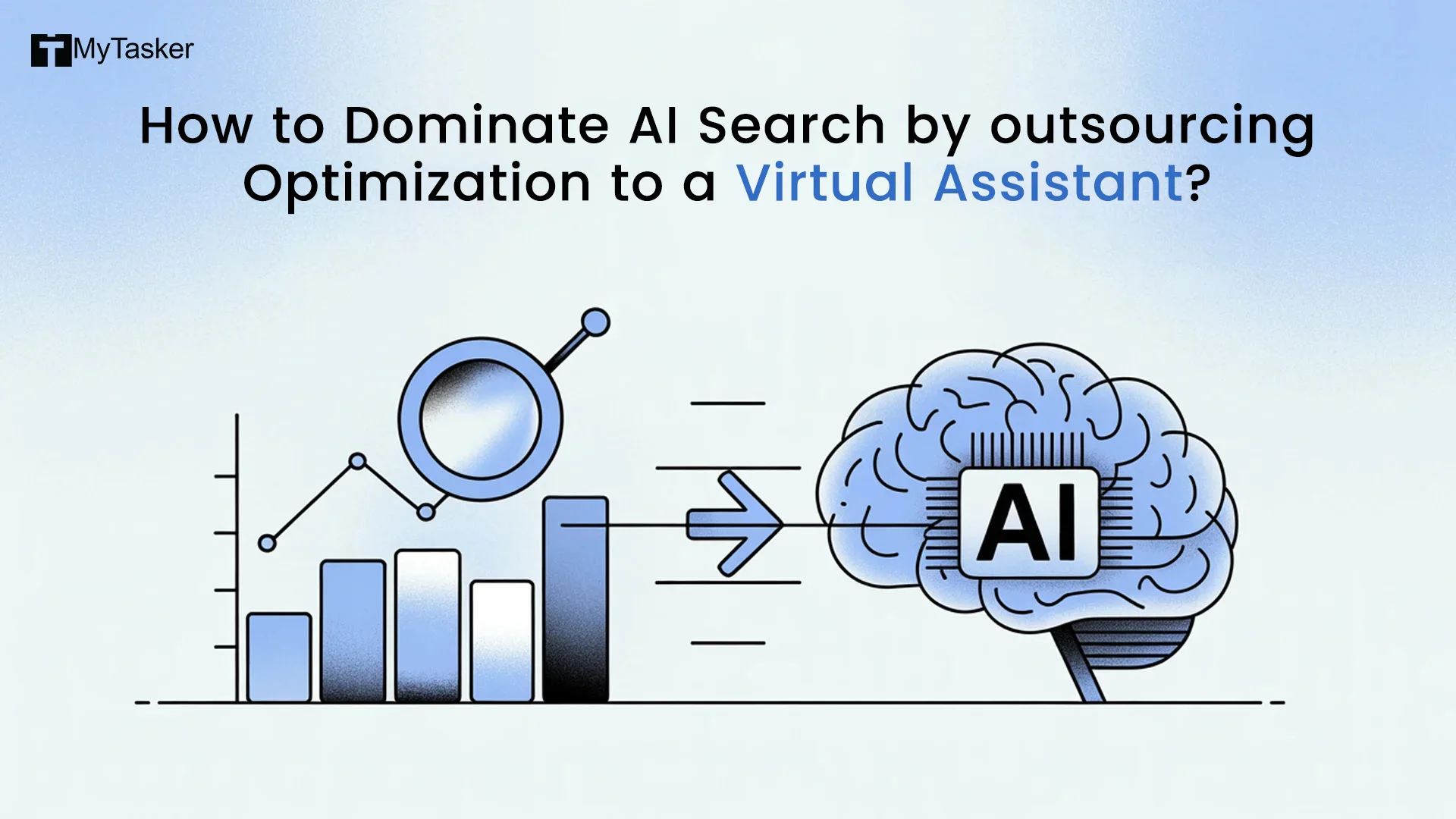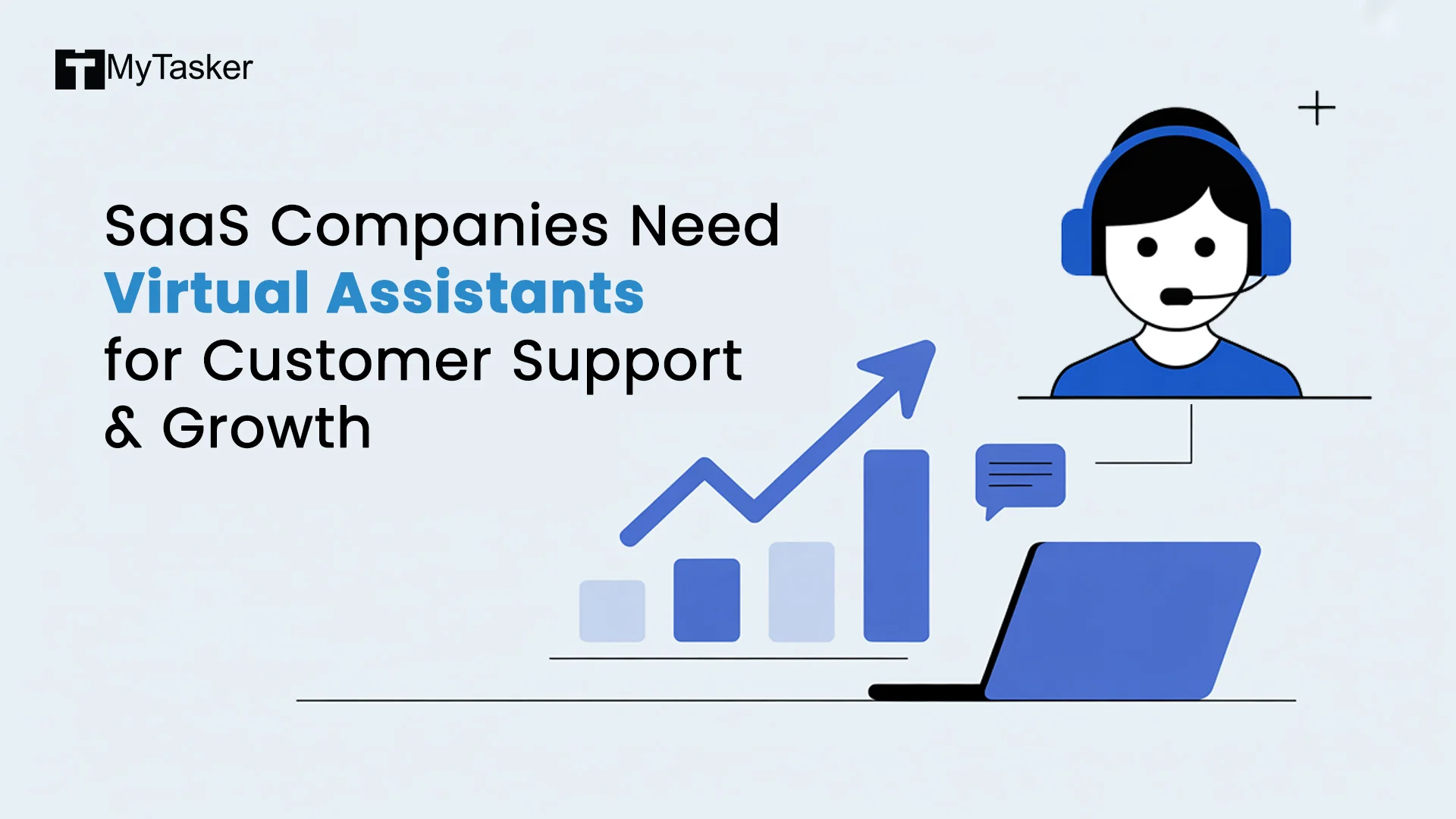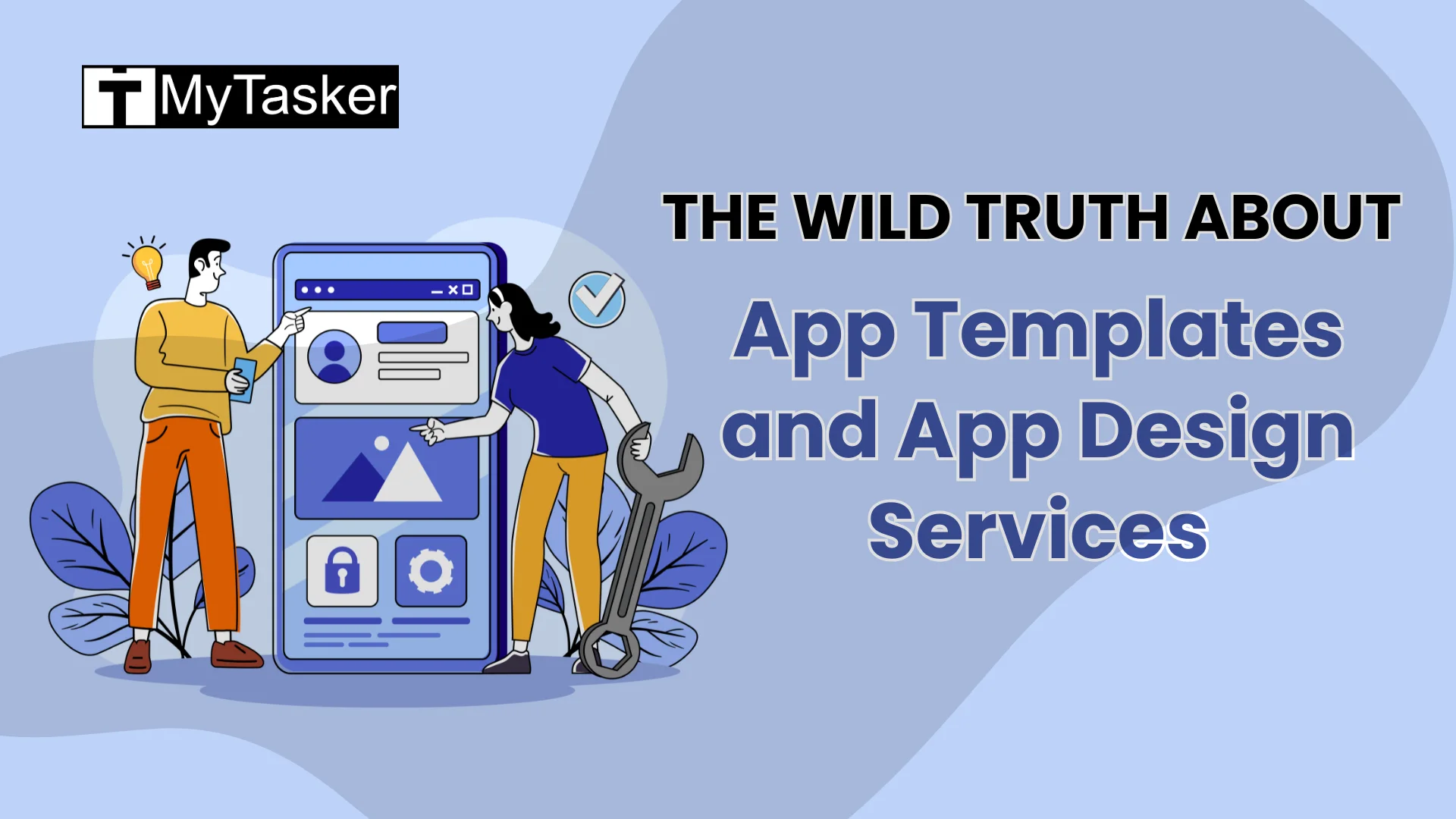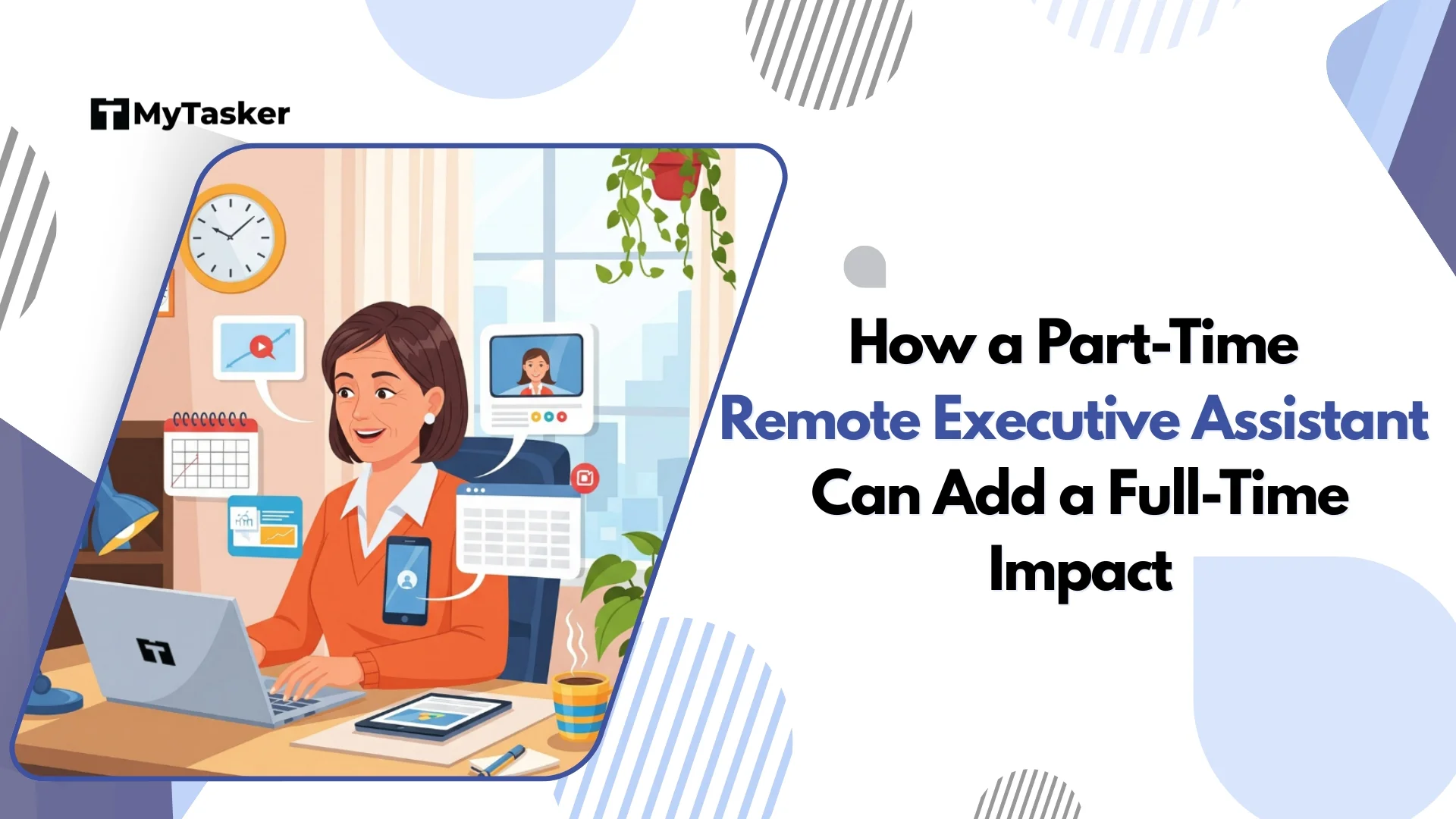Running a therapy office is a big deal. It’s a lot of work—scheduling appointments and managing finances.
But what if you could outsource those tasks? What if you could have more time to see patients?
Enter the virtual personal assistant. A growing trend in the healthcare industry, these pros can perform a wide range of administrative tasks remotely.
They can streamline your therapy office’s operations, from scheduling to billing. They can even help with digital marketing and boost your online presence. Comprehensive virtual assistant services are tailored specifically to assist specialized therapists and mental health professionals, improving operational efficiency and enhancing patient satisfaction.
This will cover the role and benefits of a virtual personal assistant for a therapy office. Let’s get started.
So, whether you’re a therapist, counsellor, or mental health professional, read on to see how a virtual assistant can change your practice.
What is a Virtual Personal Assistant in a Therapy Office
A virtual personal assistant is an administrative professional who works remotely. They are skilled at doing office tasks digitally.
In a therapy office, a dedicated virtual assistant with specialized healthcare experience is invaluable. They schedule, respond to client inquiries and record. They also handle billing and insurance claims, ensuring they have relevant administrative skills from various healthcare-related roles.
This is a growing trend in the healthcare industry. With the rise of telehealth, the demand for virtual assistants is increasing.
For mental health pros, the benefits are enormous. A virtual assistant can reduce daily administrative tasks.
Benefits include:
-
Client communication and scheduling
-
Billing and financials
-
Keeping patient records up to date
-
Overall practice efficiency
By taking care of these time-consuming tasks, virtual assistants allow therapists to focus on delivering quality care and helping with patient satisfaction. This is huge in a fast-paced, client-driven industry like mental health.
Types of Virtual Assistants for Mental Health Professionals
Mental health professionals can benefit from various types of virtual assistants, each bringing unique skills and expertise to the table. Understanding the different types can help you choose the right fit for your practice’s specific needs.
-
Administrative Virtual Assistants: These virtual assistants excel in providing administrative support. They handle tasks such as scheduling appointments, managing emails, and answering phone calls, ensuring your practice runs smoothly and efficiently.
-
Clinical Virtual Assistants: With a clinical background, these virtual assistants can assist with more specialized tasks like charting, medication management, and patient education. Their expertise can be invaluable in maintaining accurate patient records and ensuring compliance with treatment plans.
-
Technical Virtual Assistants: These tech-savvy professionals manage your digital presence. They handle website management, social media accounts, and electronic health record (EHR) systems, ensuring your practice stays up-to-date with the latest technology.
-
Marketing Virtual Assistants: Focused on growing your practice, marketing virtual assistants create and schedule social media posts, manage your online presence, and develop marketing campaigns. Their efforts can help attract new clients and retain existing ones.
By leveraging the specialized skills of these virtual assistants, mental health professionals can enhance various aspects of their practice, from administrative efficiency to patient care and marketing.
Services Offered by Virtual Personal Assistants for Mental Health Professionals
Virtual personal assistants provide support through many services. These services keep a therapy office running smoothly. Experienced virtual assistants play multifaceted roles, such as patient coordination, medical triage, and administrative tasks.
Scheduling therapy appointments is one of their primary jobs. Therapists can book client appointments, reschedule appointments, and send reminders. This reduces no-shows and keeps therapists’ calendars organized.
Another big job is virtual receptionist duties. This includes answering incoming calls and emails. A virtual assistant answers client inquiries promptly and professionally.
Billing and financial management are other areas where virtual assistants excel. They process invoices, payments, and insurance claims, ensuring timely financials and accurate records.
Task management and administrative support are also important. Virtual assistants can manage daily operations, files, and office workflows. They reduce clutter and increase productivity in a therapy practice.
Here’s a quick list:
-
Scheduling and calendar management
-
Receptionist duties and client communication
-
Financial tasks and billing
-
Administrative support and task management
These services can be customized to any therapy practice. With their help, virtual assistants increase efficiency so therapists can focus on patient care and keep practices at their administrative best.
Roles and Responsibilities of a Virtual Assistant
A virtual assistant for mental health professionals can take on a variety of roles and responsibilities, significantly reducing the administrative burden on therapists and allowing them to focus more on patient care. Here are some key tasks they can handle:
-
Scheduling Appointments and Managing Calendars: Ensuring that your calendar is organized and up-to-date, reducing the risk of double bookings or missed appointments.
-
Managing Emails and Phone Calls: Handling incoming communications promptly and professionally, ensuring no important messages are overlooked.
-
Handling Patient Communication and Correspondence: Acting as the first point of contact for patients, providing them with the information they need and ensuring their queries are addressed.
-
Assisting with Charting and Documentation: Keeping patient records accurate and up-to-date, which is crucial for effective treatment and compliance.
-
Managing Medication and Treatment Plans: Assisting with the organization and management of patient treatment plans and medication schedules.
-
Providing Patient Education and Support: Offering educational resources and support to patients, helping them understand their treatment plans and what to expect.
-
Managing Website and Social Media Presence: Ensuring your online presence is professional and engaging, which can help attract new clients and retain existing ones.
-
Developing and Implementing Marketing Campaigns: Creating and executing marketing strategies to promote your practice and services.
-
Providing Technical Support and Troubleshooting: Assisting with any technical issues that may arise, ensuring your practice’s digital tools are always functioning smoothly.
By taking on these responsibilities, a virtual assistant can significantly enhance the efficiency and effectiveness of your mental health practice.
Boost Your Digital Marketing with a Virtual Personal Assistant
Virtual personal assistants can supercharge your digital marketing for therapy practices. Specialized virtual assistant services specifically tailored for therapists can enhance efficiency, compliance, and patient satisfaction. They are key to SEO optimization, which means more website visibility. Optimized websites attract more potential clients and achieve higher search engine rankings.
Social media management is another area where virtual assistants shine. They can create content and manage accounts. A consistent social media presence builds community and a reputation for the practice.
Email marketing campaigns are important for client engagement and retention. Virtual assistants can craft targeted email campaigns to inform clients about services. This keeps clients connected and interested.
And virtual assistants help with online advertising and content creation. They can manage ad campaigns that reach new audiences and generate leads. Through these efforts therapy practices get more online visibility and client growth. Virtual assistants make marketing tasks easier so therapists can focus on client care.
Why Hire a Virtual Personal Assistant for Your Therapy Practice
Hiring a virtual personal assistant has many benefits for a private practice. One of the biggest is cost and efficiency. Virtual assistants are cheaper than full-time employees and do tasks more efficiently, which saves time and money.
Virtual assistants are known for their flexibility and scalability. They can adjust to changing workloads and practice sizes, which is crucial for client growth and business changes.
Virtual assistants can increase patient satisfaction and retention. They ensure smooth communication and follow-up, which means better client relationships. Happy clients come back and refer others to you.
Reducing administrative tasks allows therapists to focus more on patient care. Virtual assistants do scheduling, billing, and documentation. Taking these tasks off your plate gives you more time for client-focused activities.
Consider this when deciding to hire a virtual personal assistant:
-
Big savings on staffing costs
-
Flexibility to adjust services
-
Better patient interactions and satisfaction
-
More time to focus on therapy work
These are just a few of the benefits a virtual personal assistant can bring to your private practice. By using their services, you can streamline and grow.
Adding a Virtual Personal Assistant to Your Therapy Office
The onboarding process for a mental health virtual assistant is quick and easy. Clear communication from the start is key to a successful relationship. Setting expectations and outlining tasks will ensure the assistant knows their role in your therapy office. A mental health virtual assistant can alleviate administrative burdens such as managing client communications, handling insurance claims, and scheduling appointments.
You need to integrate your mental health virtual assistant with your existing practice management software for smooth operations. Many virtual assistants are familiar with popular software tools. This means they can manage tasks like scheduling and billing within your current systems.
Proper training and experience are key to getting the most out of your mental health virtual assistant. Make sure they know what a therapy practice needs. Ongoing development and feedback will keep them performing at their best and aligned with your business goals.
Onboarding and Training a New Virtual Assistant
Onboarding and training a new virtual assistant is crucial to ensure a smooth transition and a successful working relationship. Here are some steps to follow:
-
Clearly Define the Virtual Assistant’s Role and Responsibilities: Outline the specific tasks and expectations from the start to avoid any confusion.
-
Provide Comprehensive Training on Your Practice’s Policies and Procedures: Ensure the virtual assistant understands how your practice operates and what is expected in terms of performance and conduct.
-
Ensure the Virtual Assistant Has Access to Necessary Tools and Software: Provide access to all the tools and software they will need to perform their tasks efficiently.
-
Establish Clear Communication Channels and Protocols: Set up regular check-ins and communication methods to ensure ongoing collaboration and support.
-
Set Clear Expectations and Goals: Define what success looks like for the virtual assistant in their role, including key performance indicators and milestones.
-
Provide Ongoing Support and Feedback: Regularly review their performance, offer constructive feedback, and provide opportunities for further training and development.
By following these steps, you can ensure that your virtual assistant is well-prepared to contribute effectively to your practice from day one.
Maintaining a Successful Virtual Assistant Relationship
Maintaining a successful virtual assistant relationship requires ongoing effort and communication. Here are some tips to ensure a productive and positive working relationship:
-
Regularly Communicate with Your Virtual Assistant: Ensure they have the necessary tools and support to perform their tasks effectively.
-
Provide Clear and Concise Instructions and Feedback: Make sure your virtual assistant understands what is expected of them and how they can improve.
-
Establish Clear Boundaries and Expectations: Define the scope of their role and responsibilities to avoid any misunderstandings.
-
Foster a Positive and Respectful Working Relationship: Treat your virtual assistant with respect and appreciation, which can boost their morale and productivity.
-
Regularly Evaluate and Adjust the Virtual Assistant’s Role and Responsibilities as Needed: Be open to making changes based on the evolving needs of your practice.
-
Provide Opportunities for Growth and Development: Encourage your virtual assistant to develop new skills and take on additional responsibilities as they become more comfortable in their role.
By following these tips and guidelines, mental health professionals can build a successful and productive working relationship with their virtual assistant, ultimately improving the efficiency and effectiveness of their practice.
Compliance and Security with Virtual Personal Assistants for Administrative Support
When hiring a virtual personal assistant for your therapy office, consider HIPAA compliance. Make sure they understand and follow these rules, which protect your practice and patient data from unauthorized access. Expertise in the mental health field is crucial for ensuring compliance and security, as it involves unique challenges that require specialized knowledge.
Patient confidentiality is key to maintaining trust and integrity in the practice. Your virtual assistant should have protocols for handling sensitive information. Regular checks and clear communication will enforce strict confidentiality standards.
Security is key to patient information. Secure data storage and encrypted communication will minimize risks, creating a safe and secure environment for your therapy practice.
Conclusion: The Future of Therapy Practices with Virtual Assistance
Virtual assistants are becoming increasingly important in modern therapy practices. They adjust to the changing needs of mental health professionals, and as the industry changes, so do their responsibilities and abilities.
Investing in continuous improvement and planning will give you an edge. Therapy practices can streamline and improve service delivery by using virtual assistants. This proactive approach will ensure long-term success.
Virtual assistants give mental health professionals a better work-life balance. By taking administrative tasks off their plate, therapists can focus on client care, which means better well-being for both the practitioner and the client.
Hiring virtual assistants specifically tailored for mental health therapists is crucial. These assistants can help streamline operations and improve client service within therapy practices, emphasizing the need for effective communication and specific skills suited for the mental health field.
What specific tasks can a virtual assistant handle in a therapy practice?
Virtual assistants can do just about everything in a therapy practice. Scheduling, patient records, reminders, billing and insurance claims, telehealth sessions, and following up on outstanding payments. They even do administrative tasks like email management, document preparation, and workflow optimization so therapists can focus on their clients.
How can a virtual assistant improve patient communication in a therapy office?
Virtual assistants are the first point of contact for patient communication, ensuring every interaction is timely and professional. They confirm appointments, respond to emails or phone calls, and share office policies or upcoming sessions. They manage communication tools like secure messaging apps and patient portals so clients have a smooth experience and no message gets lost.
What are the cost differences between hiring a virtual assistant and a full-time staff member?
A virtual assistant is much more cost-effective than a full-time staff member. For example, with a virtual assistant, you only pay for the hours worked or tasks completed, no benefits, no office space, and no equipment. A full-time staff member requires a fixed salary, health benefits, and paid time off. Virtual assistants save therapy practices 30-50% compared to in-house employees and deliver the same or better results.
How do virtual assistants ensure HIPAA compliance in therapy practices?
HIPAA is non-negotiable. Your virtual assistant must ensure it’s followed at every turn. This means using secure, encrypted platforms for communication, keeping confidential, and following the “minimum necessary rule” for PHI. They must sign Business Associate Agreements (BAAs) and regularly undergo HIPAA training to stay up to date on compliance requirements. By using secure tools and processes, they always keep patient data safe.
Can virtual assistants assist with marketing and social media for therapy practices?
Yes! Virtual assistants can take your marketing to the next level. They create and manage social media content, write newsletters or blogs, optimize your website for search engines, and even run targeted ads to bring in new clients. They craft messages that speak to your audience so you can build your online presence and connect with current and future clients.



